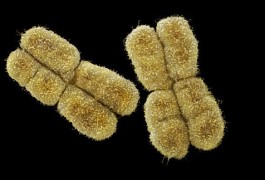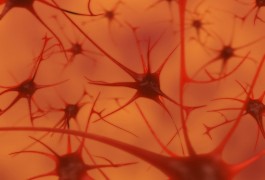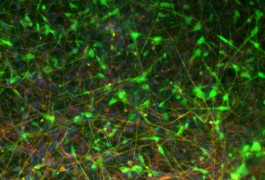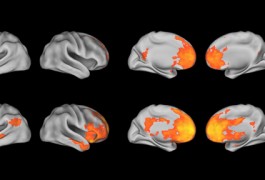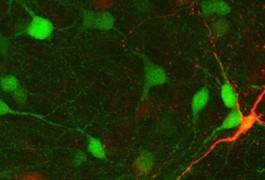New genetic approach identifies autism candidate genes
Regions of the genome that contain the same genetic variants on both copies of a chromosome are more likely to contain autism-associated genes than other parts of the genome, according to a study published 14 October in Human Genetics.
